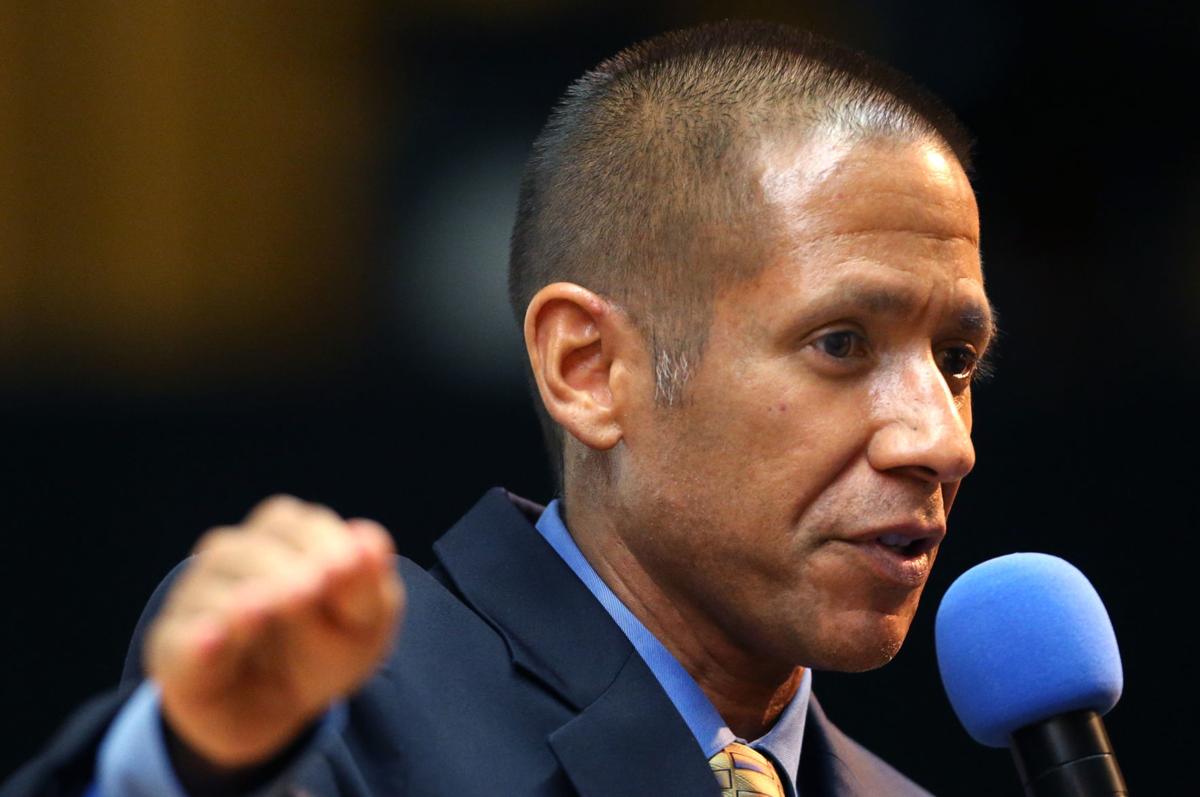The blacklist at the Tucson Unified School District is real and has been in place for at least 20 years.
This may spark both relief and anger from teachers and other former employees who felt something was wrong as TUSD refused to rehire them or they had trouble being employed in other districts.
It wasn’t in their heads.
We commend new Superintendent Gabriel Trujillo for finally exposing the list and the fact that most of the people on it did not deserve to be banned. But we must press for greater accountability. The list did not grow by itself and anyone who turned a blind eye is complicit — harming not only those blacklisted but also a struggling district with dozens of teaching vacancies.
The existence of something like a blacklist is not in itself wrong. The district must keep a record of employees who should not be part of the school system, such as those who have committed a felony or had their teaching certification revoked, but as reported in the Star by Hank Stephenson, the majority of those blacklisted did no such thing.
Out of the 1,400 names on the list, only 516 were found to have been justifiably placed there, having been fired for cause or resigned and agreed not to come back to the district, according to an audit by the superintendent.
That’s almost 900 people that did not belong there. And although among those blacklisted were student helpers, bus drivers, coaches, crossing guards and nurses, the majority were teachers.
Why these people ended up on the list varies. Many received poor evaluation scores, some clashed with a supervisor, others had attendance and tardiness issues. As noted by Trujillo, none of these offenses warrant being put on a do-not-hire list, as most can be corrected or improved with training.
Some listed names didn’t even include a reason.
It is easy to see how this list may have been created with good intentions, though. Some people are problematic employees and ideally you do not want to hire them back, especially when they are part of a classroom and deal with students.
Unfortunately, the very nature of the list, a secret to many, left the placement of names with little to no oversight and ripe for abuse across at least eight different administrations.
Superintendent Trujillo was diplomatic and said former administrators, no longer with the district, may have used the list improperly. But should accountability at the district end at acknowledging mistakes and promising to do better? Where previous superintendents aware? Did former or current board members know and do nothing?
Perhaps it will be up to the courts to decide.
Legal experts say the list as described was illegal, and people who believe they were wrongly blacklisted are asked to contact the Attorney General’s Office.
Under Arizona law, it is a misdemeanor to engage in blacklisting, which involves any agreement or understanding between employers or their representatives to prevent someone from working. The blacklist has left the district open to lawsuits by employees who can claim harm.
In the meantime, it is undeniable that disclosing and correcting the ad hoc list was the right thing to do. TUSD must ensure the practice does not start again.





